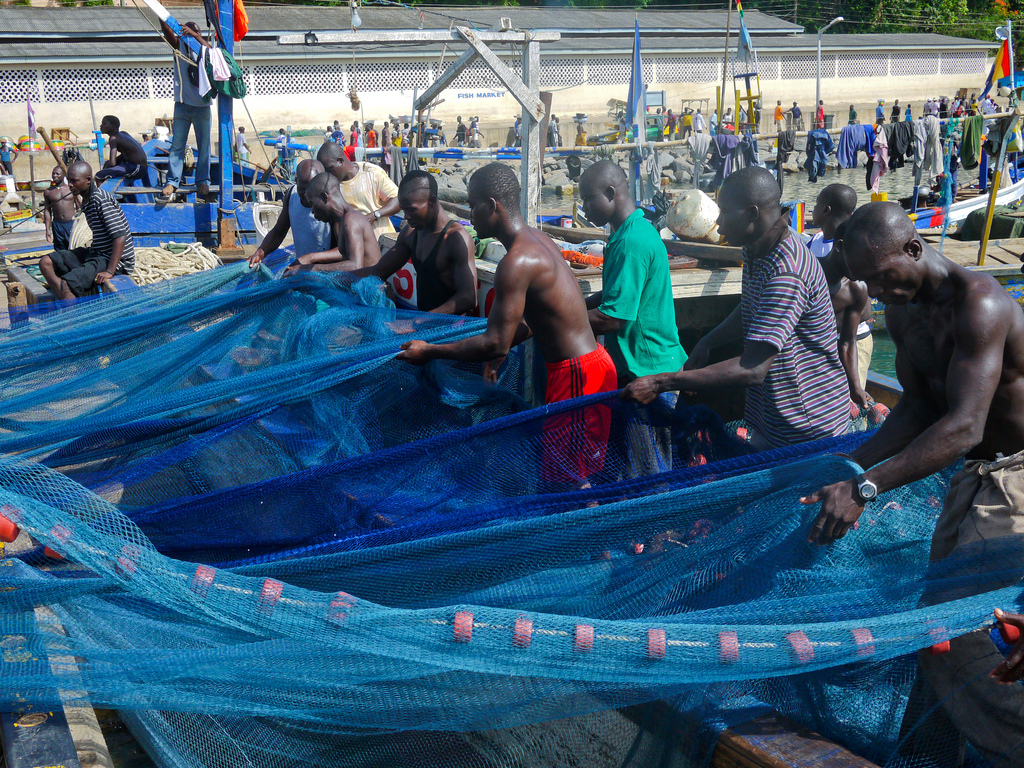Africa’s natural wealth is one of the most extensive and valuable on the planet, yet much of its resources remain under foreign control. Despite holding vast reserves of oil, minerals, and arable land, many African nations continue to struggle with resource management, trade imbalances, and economic dependency. The challenge now is how to harness these resources to drive economic independence and sustainable growth.
Africa’s Resource Wealth by Region
Africa holds 30% of the world’s mineral reserves, 60% of the world’s arable land, and vast oil and gas deposits. Key resources are spread across the continent:
- West Africa – Gold, Bauxite, Cocoa
- Southern Africa – Diamonds, Platinum, Uranium
- Central Africa – Cobalt, Copper, Timber
- North Africa – Oil, Natural Gas, Phosphates
- East Africa – Coffee, Tea, Rare Earth Minerals
Despite this abundance, much of Africa’s natural wealth is exported raw, processed abroad, and sold back to African nations at a higher price. How can Africa break this cycle?
A Legacy of Exploitation: Africa’s Resource Curse
To understand Africa’s economic struggles today, we must look at the past. Under colonial rule, African resources were extracted to fuel European economies, with little benefit for local populations. Railways, ports, and infrastructure were designed not to connect African nations, but to transport raw materials to foreign markets.
Even after independence, many African economies remained tied to former colonial powers. The result? A dependency on exporting unprocessed minerals and importing expensive finished goods, leaving African nations vulnerable to market fluctuations.
Africa’s Agricultural Potential: The Global Breadbasket?
With 200 million hectares of uncultivated fertile land, Africa has the potential to become a global food supplier. However, challenges remain:
- Poor Infrastructure – Limited roads, irrigation, and storage facilities lead to post-harvest losses.
- Low Productivity – African farms produce less per hectare than farms in Europe or the Americas due to outdated techniques.
- Food Waste – Over 30% of food produced in Africa is lost before reaching consumers due to poor transport and refrigeration.
If Africa invests in modern farming, transport networks, and processing industries, the continent could not only feed itself but also become a top exporter.
Foreign Control & the Struggle for Economic Independence
Despite its vast wealth, many African nations still struggle with economic dependency and foreign control over key industries. Two case studies highlight this challenge:
1. The Democratic Republic of the Congo (DRC): The Cobalt Giant
The DRC holds 60% of the world’s cobalt, a mineral essential for electric vehicle batteries, smartphones, and renewable energy storage. With over $24 trillion in untapped mineral wealth, the DRC should be one of the richest nations on Earth. Instead, corruption, illegal mining, and foreign exploitation have left the country among the poorest in the world.
2. Nigeria: Oil Wealth & the Resource Curse
Nigeria is one of Africa’s top oil producers, yet its oil wealth has led to regional instability, corruption, and environmental destruction. Like the DRC, Nigeria’s resource wealth has benefited foreign corporations more than its own people.
How Can Africa Take Control of Its Resources?
To turn its natural wealth into economic prosperity, Africa must:
- Invest in Local Processing – Instead of exporting raw materials, African nations must develop refineries, factories, and tech hubs to process resources locally.
- Strengthen Value Chains – Governments and businesses should focus on building industries that retain more value within Africa.
- Adopt Transparent Governance – Strong policies against corruption and illegal mining will ensure resource wealth benefits citizens.
- Leverage Africa’s Young Workforce – By investing in education, training, and entrepreneurship, Africa’s young population can drive innovation and industrialization.
A Future of Self-Sufficiency & Growth
Taking control of Africa’s natural wealth will require strategic policies, responsible leadership, and a commitment to sustainable economic development. By fostering local ownership of resources, strengthening trade agreements, and investing in renewable energy, Africa can achieve true economic independence.
From minerals to agriculture, Africa has the resources, the people, and the potential to control its own economic destiny. But will it seize the opportunity, or will foreign interests continue to dictate Africa’s wealth distribution?
📌 Related: Africa’s Industrial Future: Can the Continent Become a Manufacturing Powerhouse?The 📌 Related: Future of Global Development: Opportunities and Challenges
